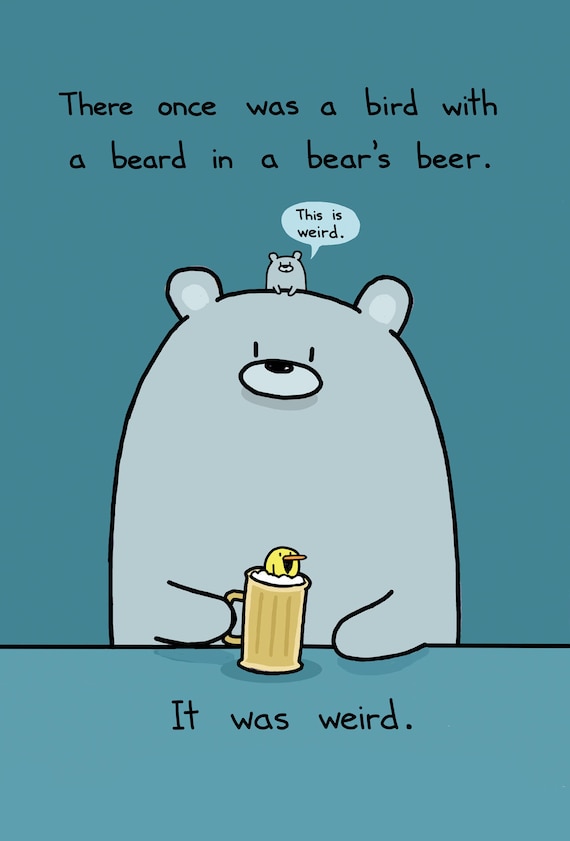In week 12 we were to read “The curious incident of the dog in the night-time” written by Mark Haddon. The novel is about Christopher Boone and starts the day he finds the neighbor’s dog dead. He knows a lot about space and prime numbers. All the chapters in the book are a prime number. He has a lot of problems that relate to the autism disorder, like he is unable to imagine the thoughts and feelings of the people around him. If he gets to many questions thrown at him his head fuzzes up and he could get violent. The novel is written from his perspective with some reality and imagination. The story unfolds when Christopher investigates the murder of the dog and discovers some dark secrets about his own family.
The book is easy and fun to read. It is something different because of the point of view and the fact that the protagonist is on the autism-spectra. It is still to difficult to be used in a whole class. Maybe some of the pupils in seventh grade could read this. Maybe I could use a few chapters and make the pupils compare them. One chapter from reality and one from his other book world.

